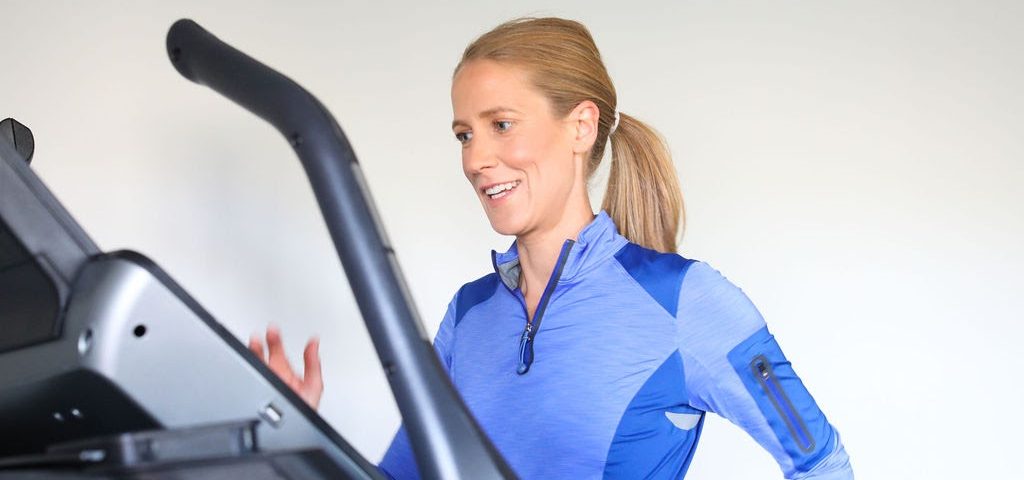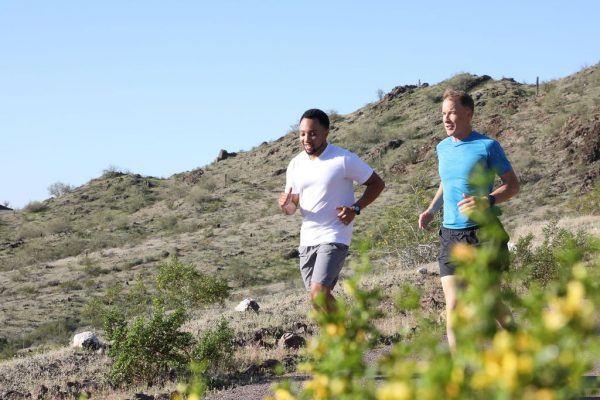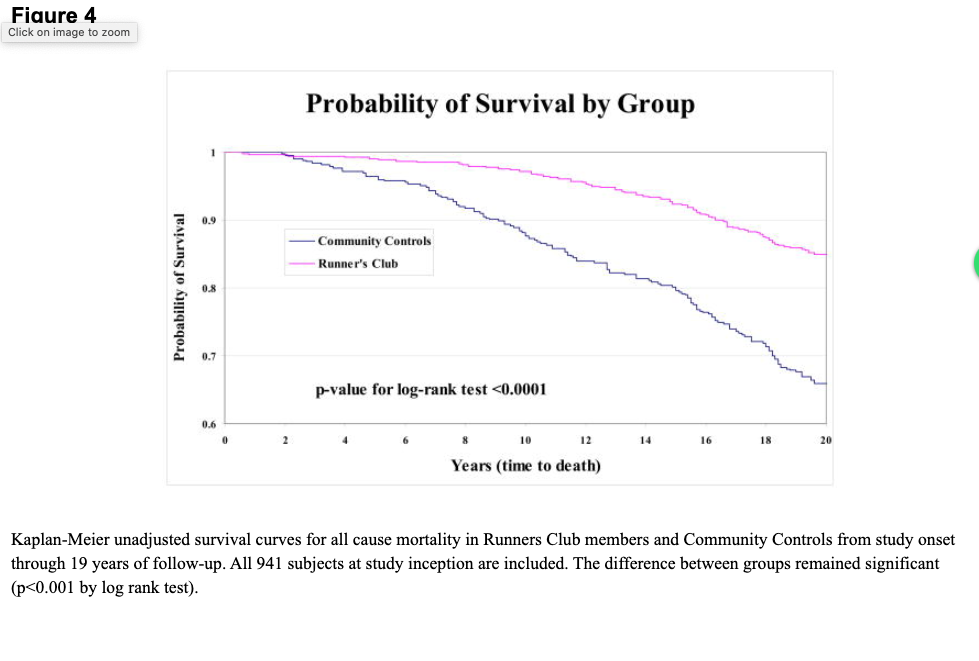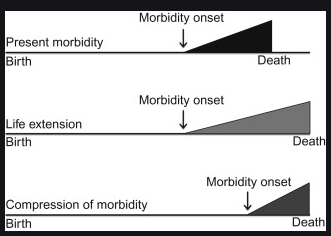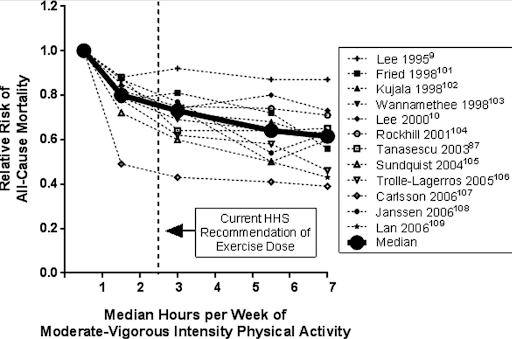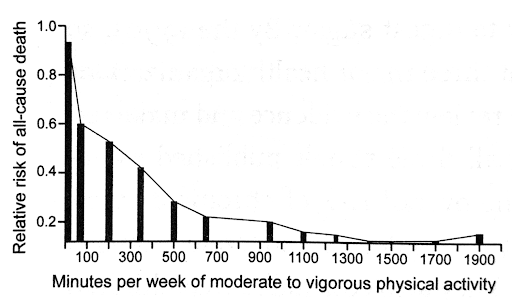Other Data Points
The other major data point has been about immune response. There have been several studies showing that people who participate in large events, like an iron man triathlon, are more apt to have respiratory problems after the events.
That has been thought to validate the idea that the effort you put into the event weakens your immune system. While it is plausible enough, especially when you think of the physical toll of a triathlon, it seems intuitive to think your immune system would take a toll, too.
On closer inspection, though, we need to think about this a little harder.
Let’s say you go to a big event, there are a lot of variables at play. One of those variables is the fact that you exert a massive amount of your body’s energy.
Then, you have to take into account travel, change of timezones, putting yourself in huge crowds of people, and you are disrupting your sleep.
A lot of factors are there that could just as easily explain upper respiratory illness. So, it isn’t simply the triathlon, but all the logistics that get you there.
What About Troponin?
You may have heard about troponin before. Troponin is a market that shows up in your body when heart cells are damaged.
There have been studies showing that endurance athletes, in the midst of a real hard training bout, have high levels of troponin.2
This has led many to believe that they are damaging their heart in that moment. What we know, though, is that troponin is a market of cell turnover, but when training, it does not correlate with damage.
In fact, there is no relationship with cardiac outcomes, like heart attacks, that there is no risk above what you might find in control groups.
How Does It Compare?
Another study wanted to compare what happens to someone who goes and runs a marathon, versus someone who merely attends a convention.
As above, you have a lot of those same variables when you attend a trade show or convention, save for running a marathon or triathlon!
It turns out that those who go to a convention, they have an even higher rate of respiratory infection compared to those who run the marathon.




